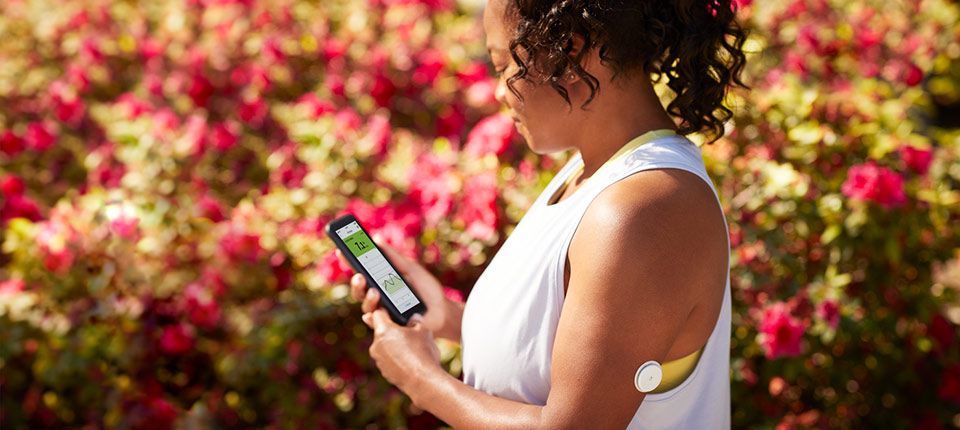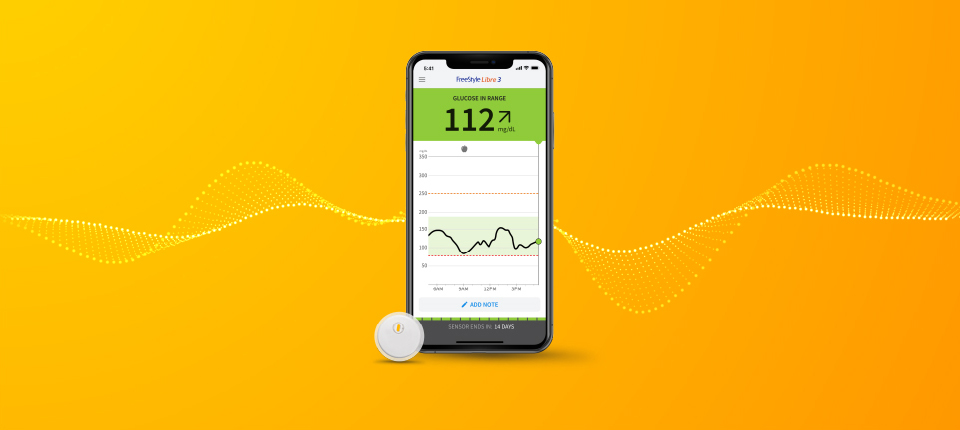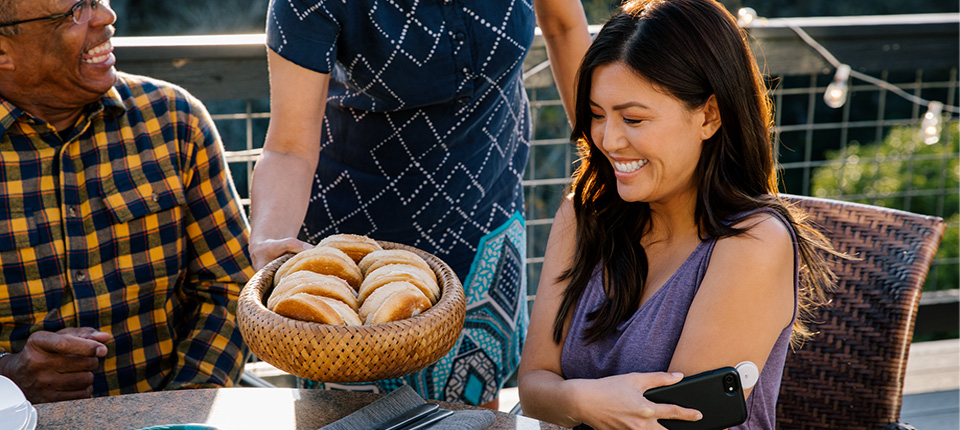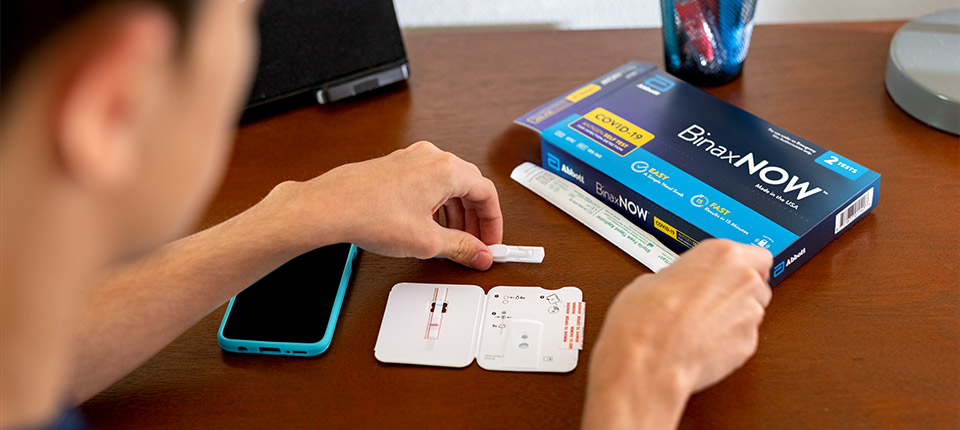How does social media impact one person's well-being? We asked writer Bana Jobe to share her experience after quitting Facebook, Twitter and Instagram for 30 days. From peace of mind to better sleep, here's what she found.
The Challenge
I'll admit: I'm pretty addicted to my phone. I check Facebook, Twitter and Instagram all day long, and anytime I have a spare minute, you can bet I'm scrolling through my feeds.
Though I've made healthy lifestyle changes to improve my physical health, I know all that phone time isn't so good for my mental health. Research has shown a litany of troubles with social media, including FOMO (fear of missing out), anxiety, stress and depression — especially in young people, reports Psychology Today.
Getting Started
Given the link between mental health and heart disease, I wondered: Can a social media cleanse improve heart health? To find out, I quit social media for one month, measuring my vitals along the way.
Reaping the Benefits
Saying (temporary) goodbye to my feeds wasn't always easy, but it came with a variety benefits beyond just more free time. Here are the top two:
- More Joy (and Less Negativity) in My Days
We all love sharing cute pictures of dogs and babies, but there's always the one post — usually sandwiched between a sea of positive ones — that can set you on edge. From politics to other divisive issues, everyone's got their trigger.
But when I took my break from social media, I stepped out of the online arguments and instead enjoyed life around me more. As I looked up from my phone, I could see my dogs play in the yard. I saw the faces of my friends and loved ones. I observed simple things, like the birds singing outside or the leaves swaying in the wind.
By opting out of social media, I opted in to my surroundings and lived in the moment — and that gave me a richer, fuller life overall. That's in keeping with research showing the value of a happy life in protecting against cardiovascular disease, including a 2016 article in Current Cardiology Reports.
- Better Sleep
About two weeks into my abstinence, I realized how much my sleep quality had improved. For years, it took me hours to fall asleep, so I'd fill that time in front of a bright screen, either scrolling through social media or looking at an e-reader.
Turns out, all that light can suppress melatonin, tricking your brain into thinking it's not bedtime after all, says the National Sleep Foundation. When I quit social media, I chose to read more books and magazines in print rather than on the screen. As a result, I fell asleep at a more reasonable hour and enjoyed more restful nights overall.
Considering sleep deprivation's impact on a whole host of heart issues, including blood pressure and sugar metabolism, better sleep was a good thing.
However, I actually craved some parts of it, too.
This surprised me: By the end of the month, I actually missed seeing updates about my friends and loved ones, and I felt a little more disconnected from them than I would have liked. I wouldn't say this made me lonely, per se, but the research does.
According to one study in Social Psychological and Personality Science, participants actually felt less lonely when they interacted with their friends on social media. That's no shocker — after all, the whole point is to make you feel digitally connected. I just didn't think the digital detachment would make me miss those connections.
I later learned about the link between loneliness and heart disease, so perhaps my social media break took me two steps forward and one step back.
Finding Your Style
Surely, you don't have to abandon social media to lead a happy life, right? Certainly not, and I'm happy to say I'm back online — but this time around, I'm following a few ground rules to reduce the risk of stress. I like to think of it as social media in moderation, and so far, it's working:
- Filter your feed. In December, Facebook research scientists announced a few feed updates that can make the platform a more meaningful experience for its users. Among the tools are "Take a Break," which helps you control when you see your ex's posts, and "Snooze," which hides a person or group for 30 days.
- Act before you react. If content from a certain person or page induces a tizzy of anxious thoughts or sends your heart rate soaring, unfollow that person. Choose to follow pages and people that make you happy.
- Say no to late-night scrolling. Put your phone away 30 minutes before going to sleep for a more restful night. Chances are you'll wake up feeling more refreshed.
My Results Are In
Going into this experience, I figured that I'd enjoy many life changes — some I could measure, others I couldn't. But the thing is, the measurable ones, such as my heart rate and blood pressure, didn't change all that much, so it's hard to gauge.
For one week before my cleanse, I tested my vitals at 9 p.m. every evening after spending time on social media. On average, I had a 72 BPM heart rate and my blood pressure measured 118/78 mmHg.
And for every night during the cleanse, I did the same tests. The first week, my averages were 73 and 119/80 mmHg for the heart rate and blood pressure, respectively. The second week, they were 71 and 117/77 mmHg. Weeks three and four followed the same pattern. So there was no groundbreaking dip in numbers.
But in my individual experience, I did felt a pretty profound change overall that was difficult to measure in numbers. Heart health can be more directly improved through diet and exercise. But it also might be worth logging off, at least for a while. Just make sure you consider other healthy lifestyle changes, too.






FOLLOW ABBOTT